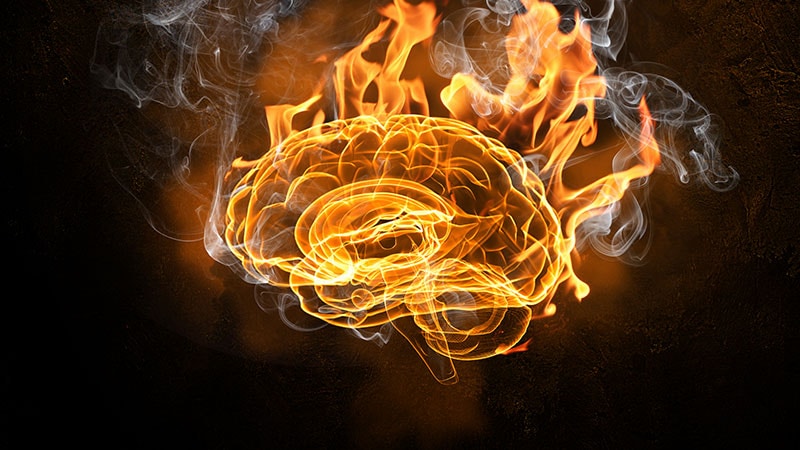Anti-NMDAR Encephalitis Recovery: Long-Term Study Reveals Lingering Cognitive and Functional Deficits
This research paper investigates the long-term cognitive and functional outcomes of patients diagnosed with anti-NMDAR encephalitis.
Research Objective:
The study aimed to examine the trajectory of cognitive recovery in individuals with anti-NMDAR encephalitis over a 5-year period and identify potential factors influencing recovery.
Methodology:
The study utilized a prospective cohort design, following 92 participants diagnosed with anti-NMDAR encephalitis in the Netherlands. Cognitive function was assessed every six months for five years using a comprehensive battery of tests. The researchers also collected data on functional outcomes, such as return to work or school.
Key Findings:
- While cognitive function improved over time, the most significant gains occurred within the first six months, with a slower rate of improvement thereafter.
- After three years, 34% of participants continued to exhibit cognitive impairment in at least one domain, and 65% scored below average in one or more cognitive areas.
- Memory and language were the cognitive domains most frequently affected.
- Patients with a preceding herpes simplex virus encephalitis (HSVE) demonstrated significantly lower scores in memory and language domains compared to those without HSVE.
- Thirty percent of participants did not return to work or school, and 18% required special accommodations to do so.
Main Conclusions:
The study highlights that recovery from anti-NMDAR encephalitis is a prolonged process, often extending beyond three years, with many patients experiencing lasting cognitive and functional limitations. Early intervention and comprehensive rehabilitation efforts are crucial to maximizing recovery potential.
Significance:
This is the first large-scale study to provide insights into the long-term cognitive and functional outcomes of anti-NMDAR encephalitis, emphasizing the need for ongoing support and management strategies for affected individuals.
Limitations and Future Research:
The study acknowledges potential selection bias, as participants were recruited from a tertiary referral center, potentially representing less severe cases. Future research should explore the impact of early interventions and identify biomarkers to predict recovery trajectories.
Personnaliser le résumé
Réécrire avec l'IA
Générer des citations
Traduire la source
Vers une autre langue
Générer une carte mentale
à partir du contenu source
Voir la source
www.medscape.com
First Long-Term Study ID’s Recovery Time for Brain Disorder
Idées clés tirées de
by Eve Bender à www.medscape.com 11-22-2024
https://www.medscape.com/viewarticle/first-long-term-study-identifies-recovery-time-brain-2024a1000lck
Questions plus approfondies
